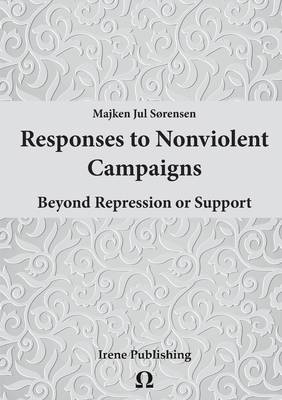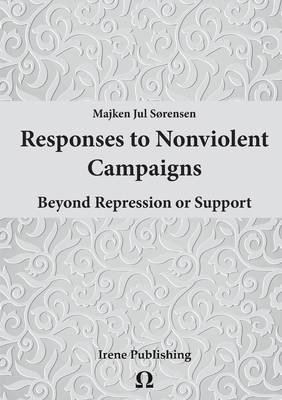
- Afhalen na 1 uur in een winkel met voorraad
- Gratis thuislevering in België vanaf € 30
- Ruim aanbod met 7 miljoen producten
- Afhalen na 1 uur in een winkel met voorraad
- Gratis thuislevering in België vanaf € 30
- Ruim aanbod met 7 miljoen producten
Zoeken
Omschrijving
Nonviolent social movements and campaigns are frequently met with violent repression from their opponents and cheers of encouragement from their supporters. However, it is also common for both authorities and third parties such as foreign governments, international organisations and media to be much more nuanced in their responses. In an attempt to prevent communication between activists, Egyptian authorities closed down the internet and mobile phone networks during the uprising in 2011. In Serbia in the late 1990's, the opposition group Otpor was prevented from registering as a legal organisation and the activists were devalued and framed as drug addicts, terrorists and traitors. In Argentina in the 1970's, many members of the human rights organisation Las Madras de Plaza de Mayo were protected from being disappeared and killed because of the recognition they received from independent international organisations.
Specificaties
Betrokkenen
- Auteur(s):
- Uitgeverij:
Inhoud
- Aantal bladzijden:
- 122
- Taal:
- Engels
Eigenschappen
- Productcode (EAN):
- 9781326377076
- Verschijningsdatum:
- 9/08/2015
- Uitvoering:
- Paperback
- Formaat:
- Trade paperback (VS)
- Afmetingen:
- 148 mm x 210 mm
- Gewicht:
- 154 g

Alleen bij Standaard Boekhandel
+ 55 punten op je klantenkaart van Standaard Boekhandel
Beoordelingen
We publiceren alleen reviews die voldoen aan de voorwaarden voor reviews. Bekijk onze voorwaarden voor reviews.











